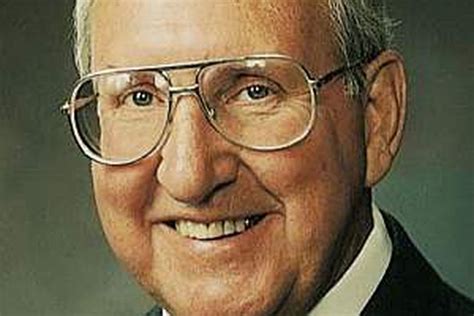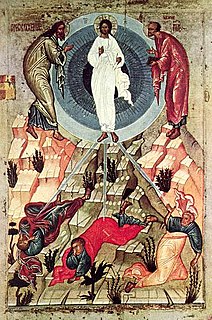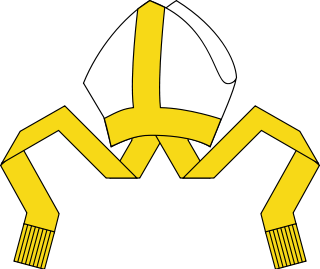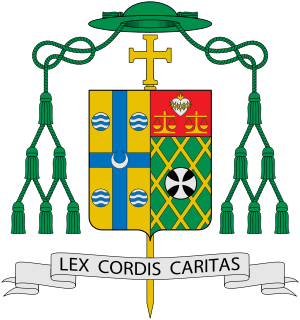A Quote by Marcus Eremita
If you want the Lord to hide your sins, then don't talk to people about what kind of virtues you have. For as we relate to our virtues, so God relates to our sins.
Related Quotes
It is essential that we renew our covenants by partaking of the sacrament. When we do this with a sincere heart, with real intent, forsaking our sins, and renewing our commitment to God, the Lord provides a way whereby sins can be forgiven from week to week. Simply eating the bread and drinking the water will not bring that forgiveness. We must prepare and then partake with a broken heart and contrite spirit. The spiritual preparation we make to partake of the sacrament is essential to receiving a remission of our sins.
Just as meekness is in all our virtues, so is pride in all our sins. Whatever its momentary and alluring guise, pride is the enemy, "the first of the sins." One reason to be particularly on guard against pride is that "the devilish strategy of Pride is that it attacks us, not in our weakest points, but in our strongest. It is preeminently the sin of the noble mind." Not only of the noble mind, but also of the semi-righteous.
Some people understand the charity of our Lord and are saved by it; others, relying on this mercy and kindness, continue in their sins, thinking that it may be theirs whenever they wish. But this is not so, for then they are too late and are taken in their sins before they expect it, and so damn themselves.
The Lord never came to deliver men from the consequences of their sins while yet those sins remained...Yet men, loving their sins and feeling nothing of their dread hatefulness, have, consistent with their low condition, constantly taken this word concerning the Lord to mean that he came to save them from the punishment of their sins.
Apologizing for our past sins may reveal character and for a time lessen anti-Americanism abroad, but if it is done without acknowledging that the sins of America are the sins of mankind, and that our remedies are so often exceptional, then it only earns transitory applause—and a more lasting contempt that we ourselves do not believe in the values we profess.
We are not to look upon our sins as insignificant trifles. On the other hand, we are not to regard them as so terrible that we must despair. Learn to believe that Christ was given, not for picayune and imaginary transgressions, but for mountainous sins; not for one or two, but for all; not for sins that can be discarded, but for sins that are stubbornly ingrained.
There are two gods. The god our teachers teach us about, and the God who teaches us. The god about whom people usually talk, and the God who talks to us. The god we learn to fear, and the God who speaks to us of mercy. The god who is somewhere up on high, and the God who is here in our daily lives. The god who demands punishment, and the God who forgives us our trespasses. The god who threatens us with the torments of Hell, and the God who shows us the true path.
There are two gods. A god who casts us off because of our sins, and a God who calls to us with His love.






































